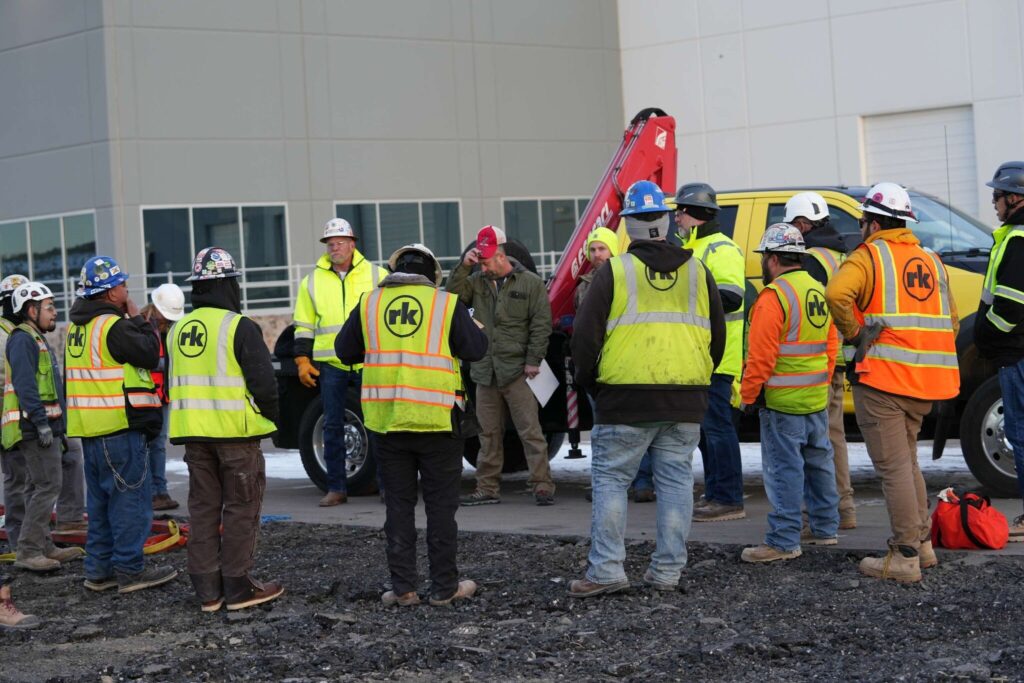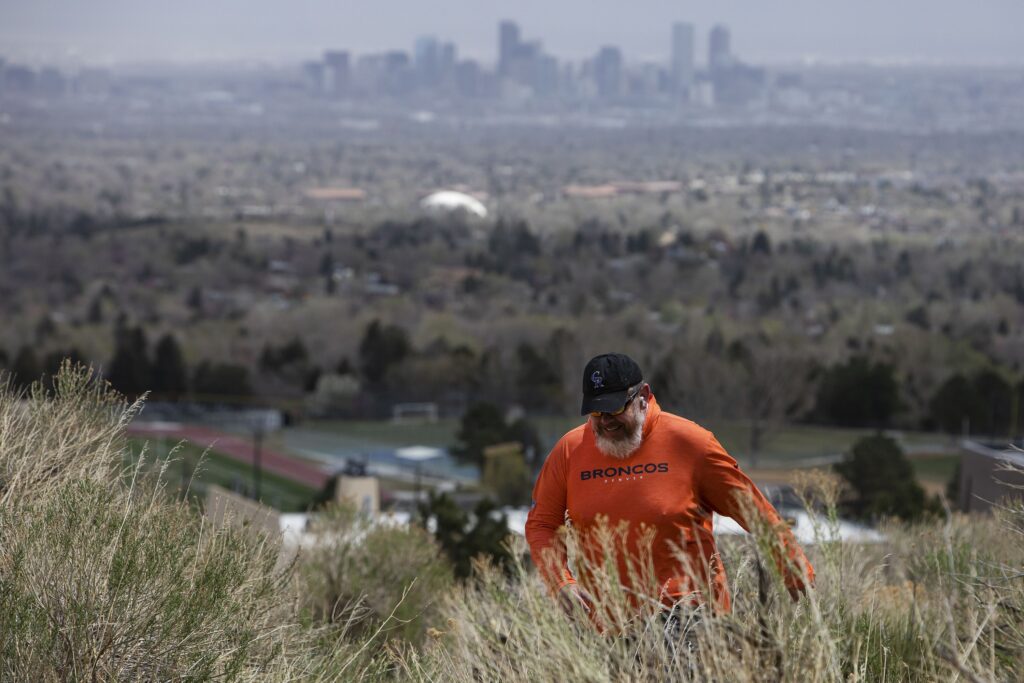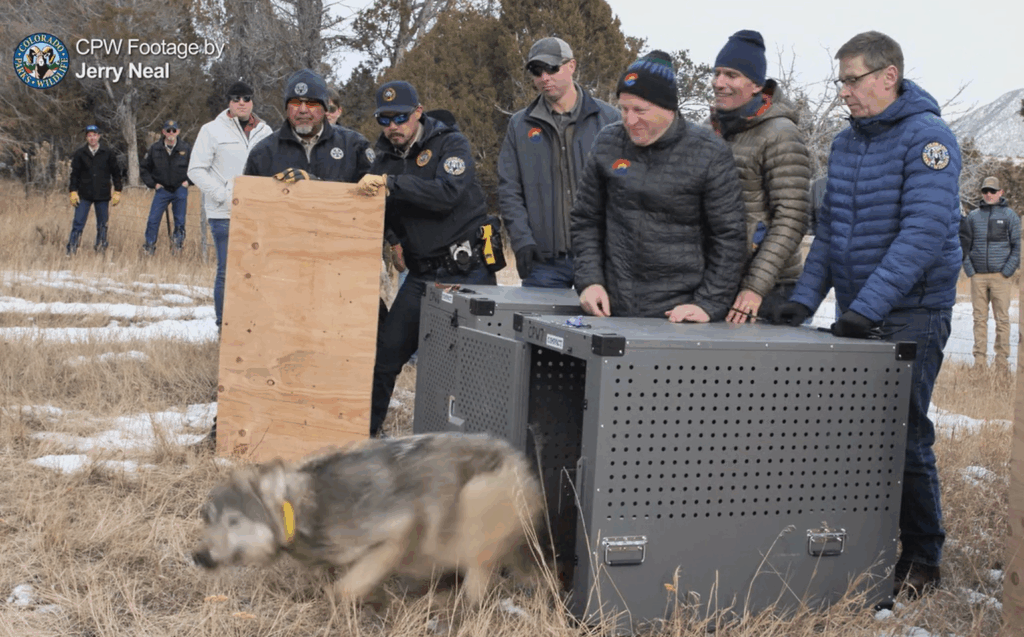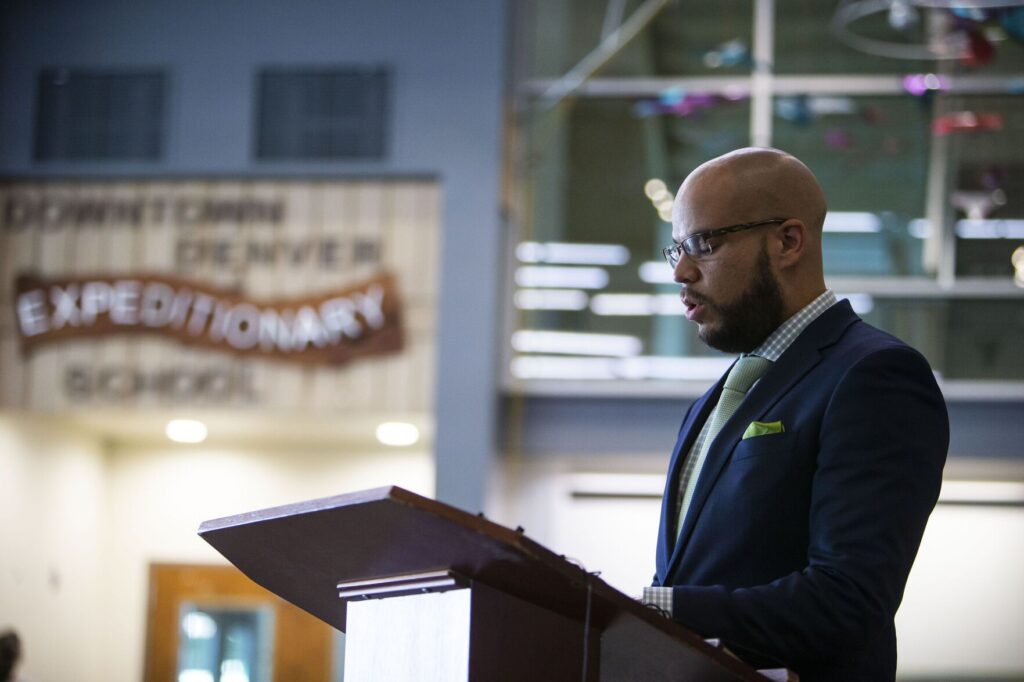Right to rest bill fails in a Colorado House committee — again
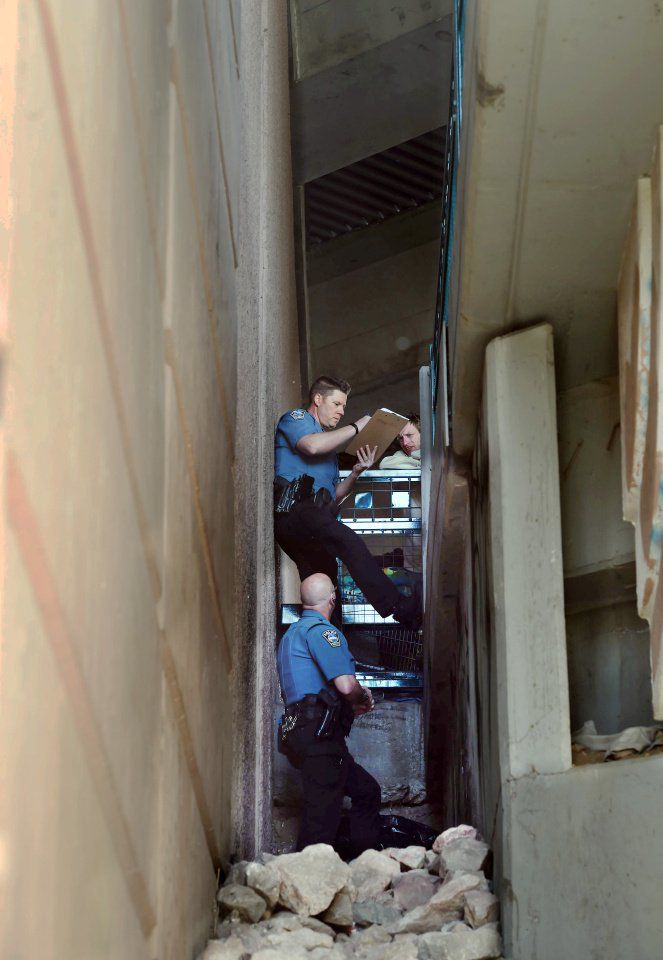
A Colorado House committee once again killed legislation that would allow homeless people to camp or linger where they want, countering municipal urban camping bans across the state.
Police and municipal government officials again testified that allowing people to camp wherever they want doesn’t connect them to shelter or mental health services or other help. Businesses and others alleged that loitering hurts trade and helps crime. And scores of homeless people and their advocates spoke of the indignities and choices they face trying to survive on the street. A place to sleep isn’t too much to ask, they argued.
“As a human being living in current society struggling to survive, I’ve come to believe the government has found ample ground and reason enough to harass and even criminalize my life,” Spring Dixon, a Denver homeless person, told the committee.
House Bill 1067 was the fourth attempt by Democratic Reps. Joe Salazar of Thornton and Jovan Melton of Aurora. It died Wednesday night, after nearly eight hours of testimony, the bill died 10-3.
Each year the bill’s hearing draws dozens of homeless people to the Capitol’s Gold Dome to argue for the ability to rest where they want – a right others have, Melton argued.
“Year after years we have filled this room with the forgotten minority,” Melton told the committee.
He said the homeless “deserve to have their voices heard, at least once.”
Salazar, who is running for attorney general this year, said laws do a better job caring for pets than humans who don’t have homes.
He urged the committee to listen “with your ears and your hearts open.”
Peter Wysocki, the director of planning and development for the city of Colorado Springs, said the issue is best handled at the local level. He said his city supports individual freedoms and the right to opportunity for housing, but the bill ignores the balance of community needs for everyone.
“The bill will not end the cycle of homelessness, nor does it provide additional resources of funding so that local government can continue to expand services, housing or sheltering of residents in need,” he said.
Others noted that it would make it difficult for police officers to determine who is homeless and who is just loitering or trespassing, and nothing would stop a person from setting up a tent and living indefinitely in a park or along a public trail.
Greeley Police Sgt. Daniel Lobato talked about the partnerships and programs law enforcement has adopted, but the right-to-rest bill wouldn’t help.
“This would impact the way we do business and what we’re trying to do in terms of homelessness,” he said.
Advocates for the homeless said the bill would force cities to consider
Rep. Jim Wilson, R-Salida, didn’t see how the bill actually helped homeless people. In small towns, like his, local folks and especially local churches pitch in.
“My frustration with this bill, and prior bills, for lack of a better term, is are we making a point or are we making a difference?” he said, quoting a saying he has posted on his office wall.
He concluded about leaving people in the elements, “We’re making it easier for people to be miserable, but we’re not making a difference.”
Another committee member, Rep. Paul Rosenthal, D-Denver, spoke of his outreach to homeless people, municipal officials and residents of his Denver district. He has worked on affordable housing issues in the legislature.
“The solution to homelessness is a place to live,” he said. “… I will continue to do that to help the homeless and to help people struggling, because this is something I feel very passionate about and something people in my district want me to do.




